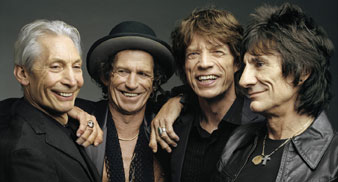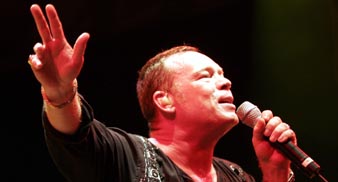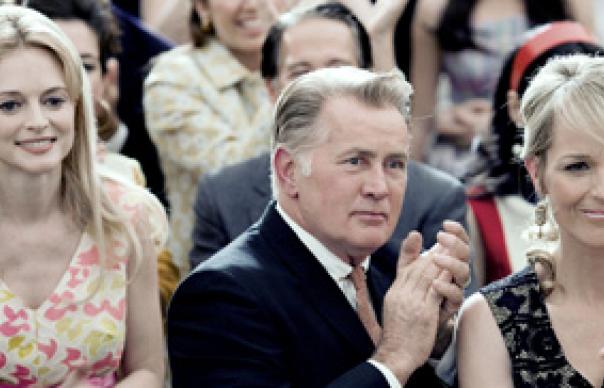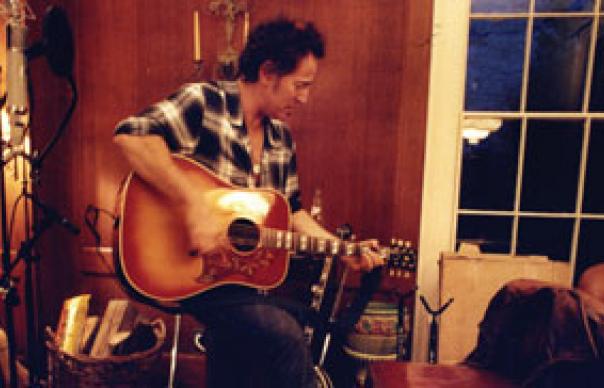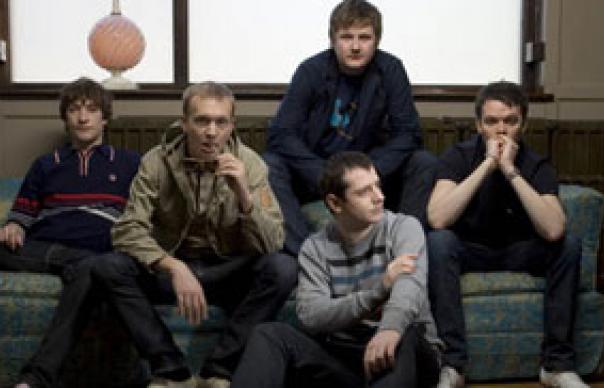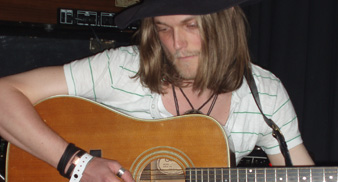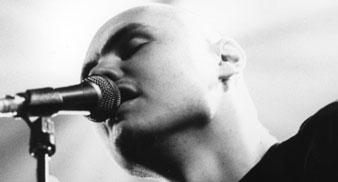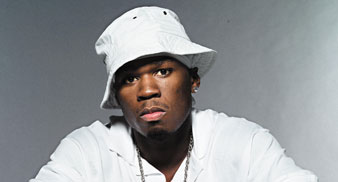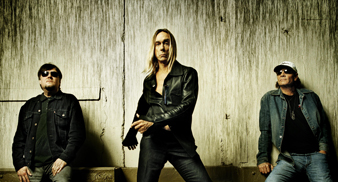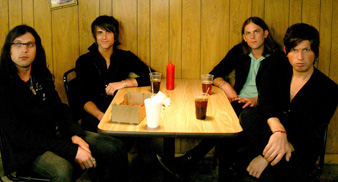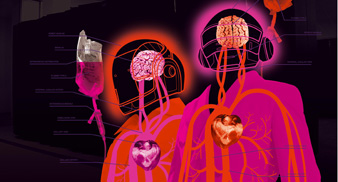What seems like several months since I heard The White Stripes' "Icky Thump", I finally had a few more listens to it over the weekend. Reassuringly, my usual hysterical over-excitement seems to have been pretty justified. "You Don't Know What Love Is (You Just Do As You're Told)" remains my favourite track, which I've decided this morning is a striking fusion of "Sweet Home Alabama" and "Ziggy Stardust". Phil, who sits behind me in the office, tried to spoil it all be pointing out the song's similarity to "Centerfold" by the J Geils Band, but he can't hurt me. In fact, I guess that comparison only reinforces my hunch that this may be the song to really launch the Stripes into the American heartland. It's curious that a lot of early reviews of the record have concentrated on perceived difficulties and eccentricities (the mariachi metal of "Conquest", the crazed Scottish pair of "Prickly Thorn, But Sweetly Worn" and "St Andrew (This Battle Is In The Air)"), when what strikes me about plenty of "Icky Thump" is its bigness and accessibility. I think The White Stripes are one of those bands who prove that record labels and journalists can underestimate the listening public: if something unexpected happens on a record (a spluttery synth solo, say, or a swirl of bagpipe), does that automatically make it uncommercial? I don't think so, and I suspect Jack White - though he'd never admit that his music is either commercial or uncommercial - doesn't either. Anyway, a quick plug for our brothers and sisters at NME, who are giving away "Rag And Bone" (maybe the weakest song on the album, I'd say now, but still good) on a free seven-inch with this week's issue. Pretty nice. And while we're on the subject of business affairs, some interesting messages were posted here about the new issue of Uncut. I know this is going to sound trite, but we really are interested in the artists we write features about - I saw few better gigs last year than The Rolling Stones at Twickenham. For what it's worth, I'm glad that many of you seem to be able to see beyond the cover star and understand that our mag strives to cover the widest range of bands possible: from the artists Penelope calls "dinosaurs" but we call the biggest and most significant in rock history, to newcomers like, I dunno, Wooden Wand and forgotten heroes like some of those who figure on the "Fill Your Head With Prog". And of course it'd be churlish of me to deny that there are commercial practicalities involved, too: putting The Rolling Stones on the cover of Uncut will draw potentially thousands of new readers to the magazine, who - currently - may have a very different relationship to music and the mag compared with regular readers of this blog. If we can turn on more people to so much great music, is another Stones cover too much to bear? Thanks for the feedback, though - we are genuinely interested, I promise you. Shop talk over. One more thing: my grumbles about the Comets On Fire gig last week have been explained by the link that James posts here. I was actually stood behind the soundbooth and saw this happen, bizarrely.
What seems like several months since I heard The White Stripes‘ “Icky Thump”, I finally had a few more listens to it over the weekend. Reassuringly, my usual hysterical over-excitement seems to have been pretty justified.


